Galleries
-
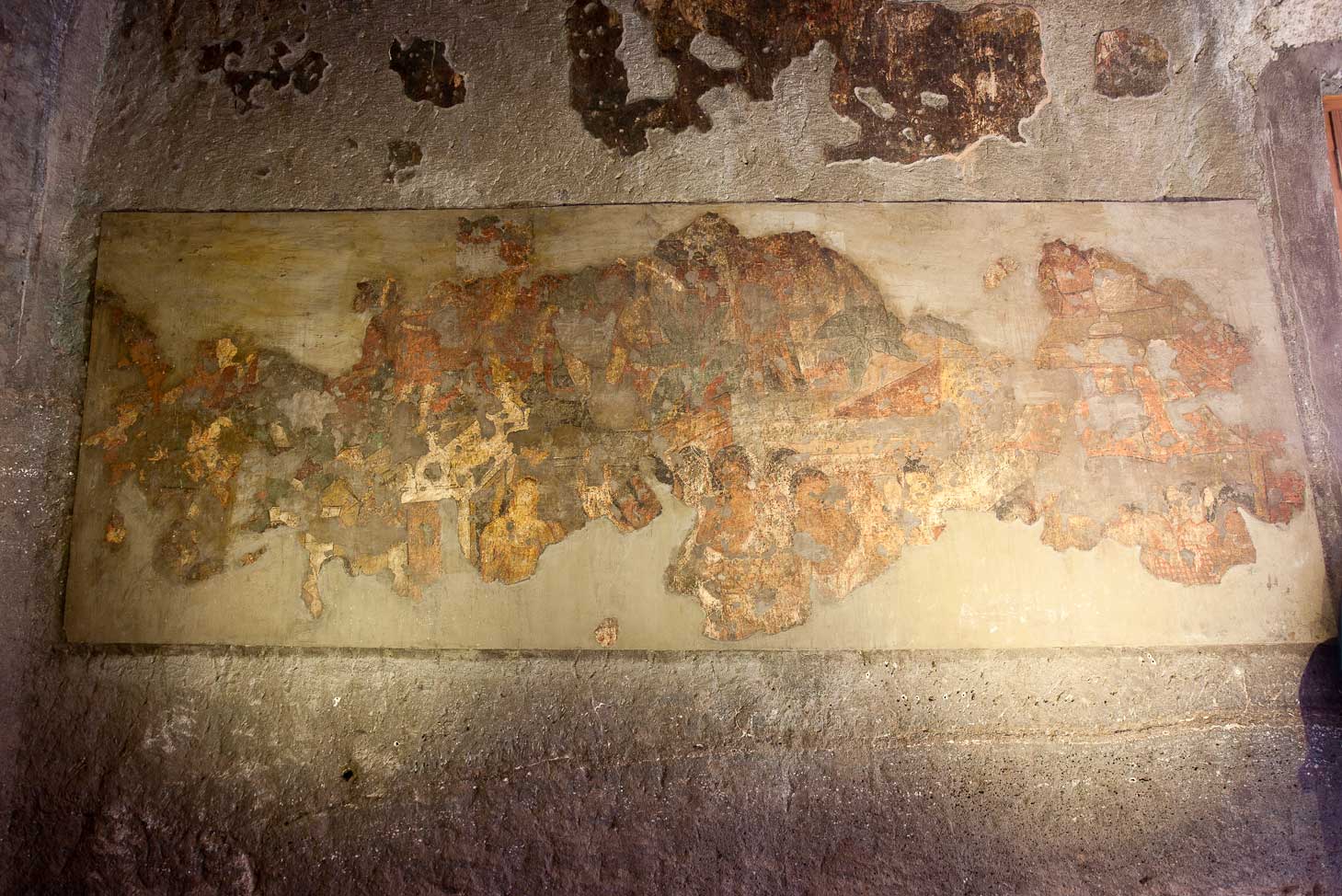
#62. Kumbha
Cave No. 16 Identification: Schlingloff (1977a, p. 467 f.)— At a time when alcoholic drinks did not exist, a hunter found a cut in a tree from which came drop by drop an intoxicating drink for natural fermentation. With the help of an ascetic, he produced and sold the beverage in the royal cities with…
-

#25. Hastin
Cave No. 16 Identification: Foucher (1921, narrative no. 22).— Once a group of travellers got lost in a forest. They were exhausted and almost close to death, when they met a hastin (elephant) and pleaded with him for help. The elephant, knowing that they would not find food in the oasis, directed them to a…
-
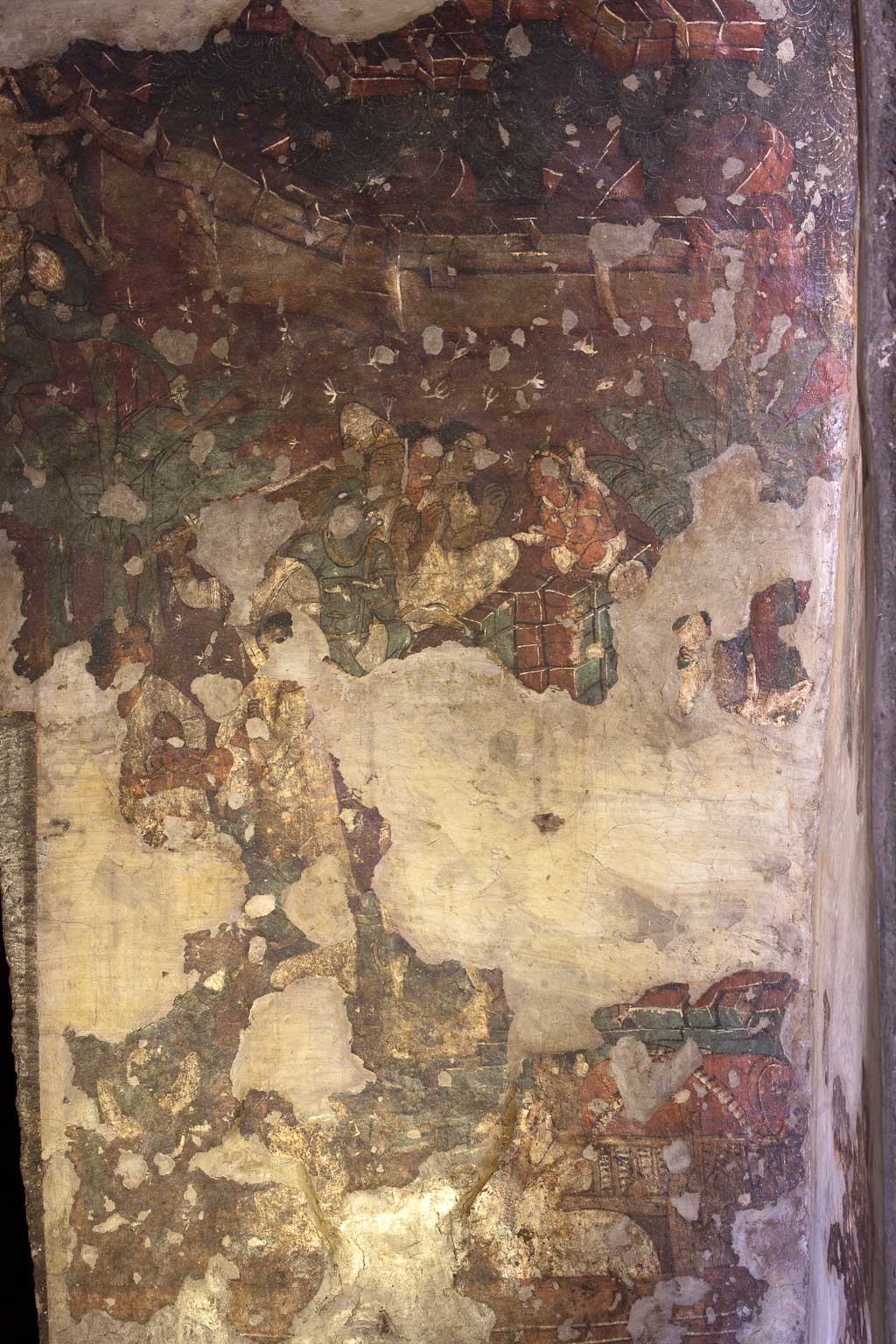
#39. Mūkapaṅgu
Cave No. 16 Identification: Schlingloff (1977a, p. 472–476).— When Prince Udaka (Water) grew up, people would call him Mūkapaṅgu, meaning ‘Dumb and Numb.’ He had seen his father pronouncing death sentences. So, he feigned an incapacity to become a king. Nobody could make him utter a sound or move a limb. The doctors diagnosed that…
-
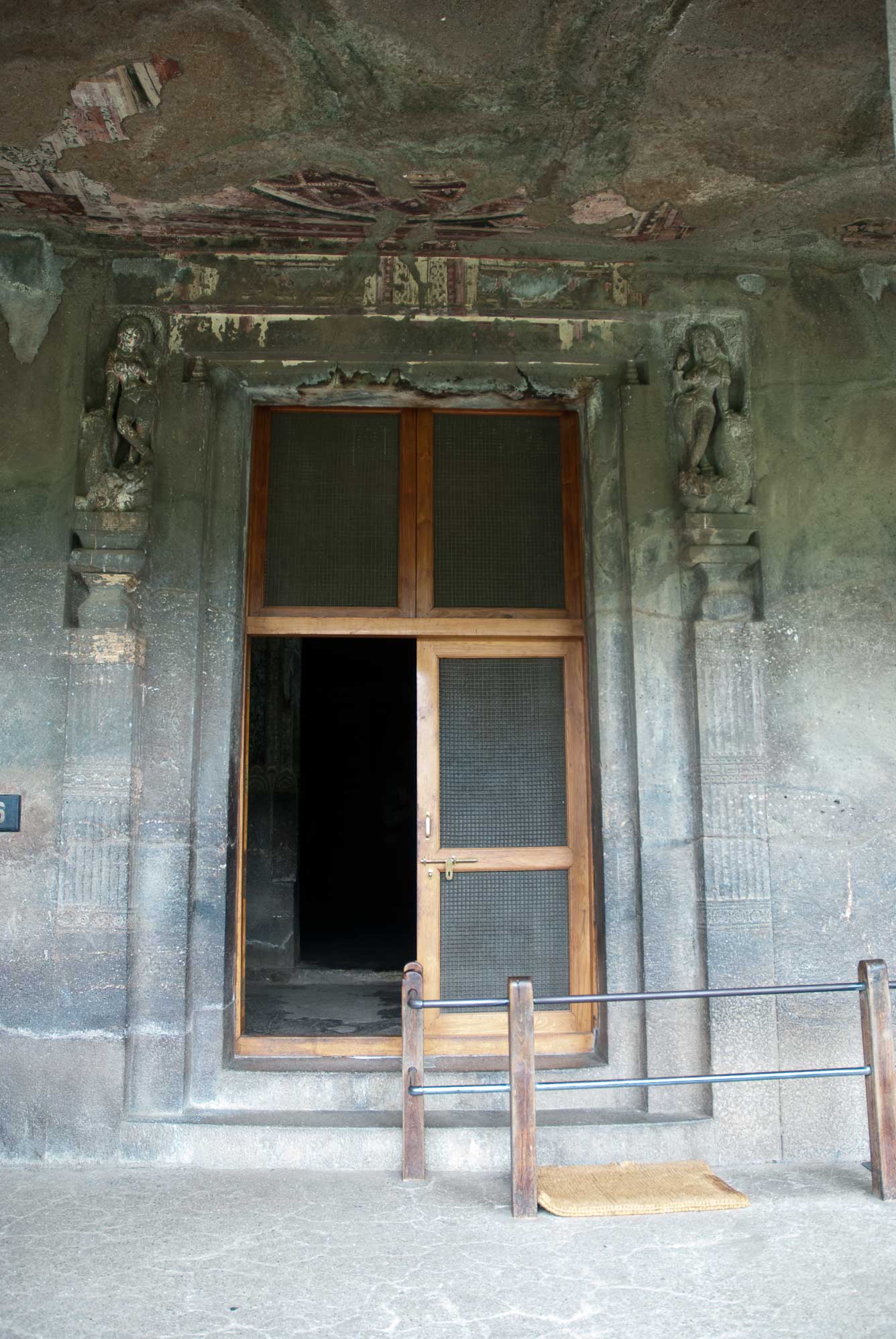
#30. Mahākapi
Cave No. 16 (No photo.) Identification: Schlingloff (2013, p. 139–143). For the story, vide Cave 17, No. 31. —Source: Singh 2019, 31-33; Schlingloff 2013, I, 139-143 Related Images:
-
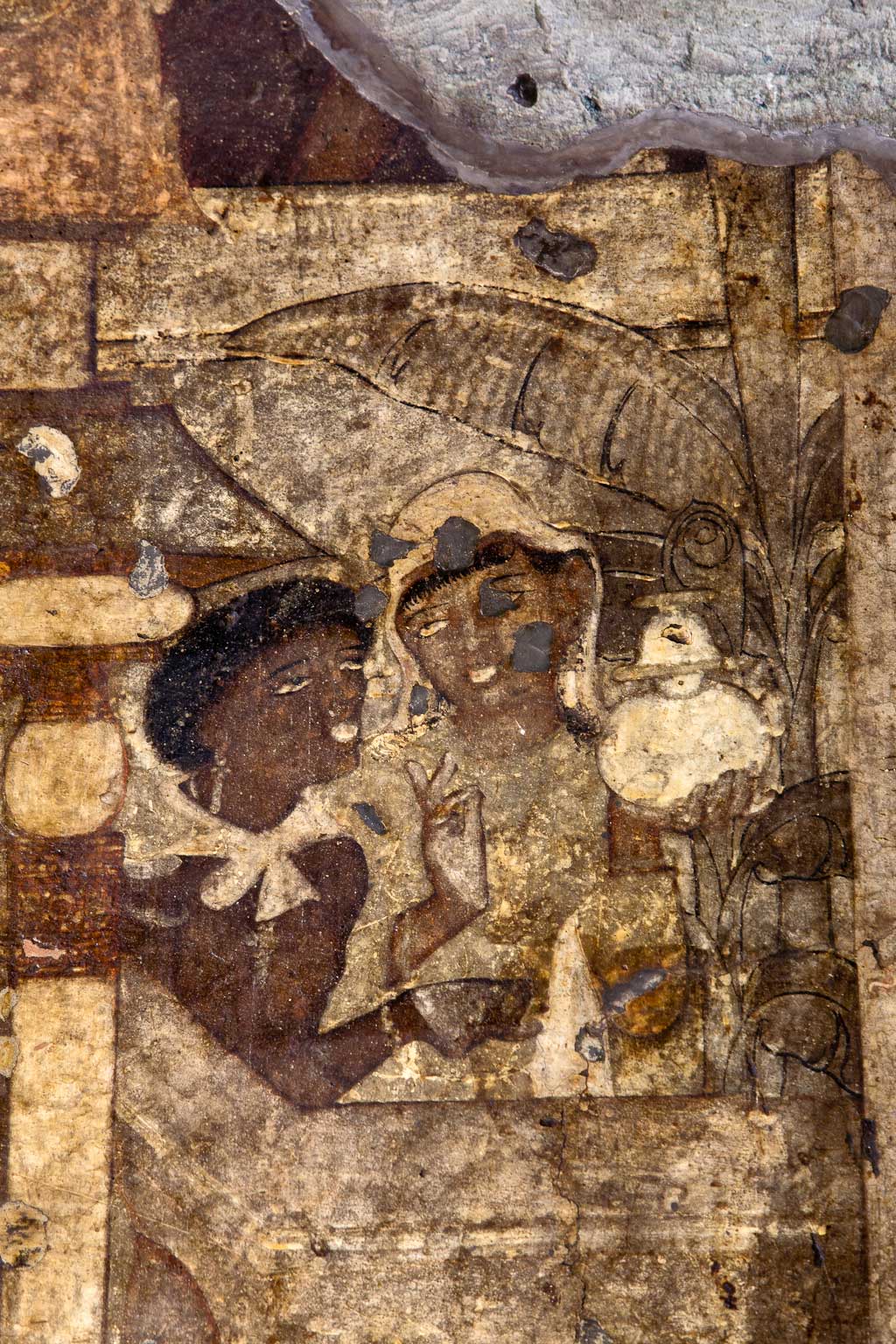
#73. Nanda
Cave No. 16 Identification: episodes 7, 8, 10, 11 by Foucher (1921, narrative no. 55).— After the enlightenment, on his first visit to the hometown of Kapilavastu, the Buddha convinced many to follow his doctrine. His half-brother, Nanda, immersed in passion for his wife, Sundarī (Beauteous), missed that sermon. While the Buddha went from house…
-
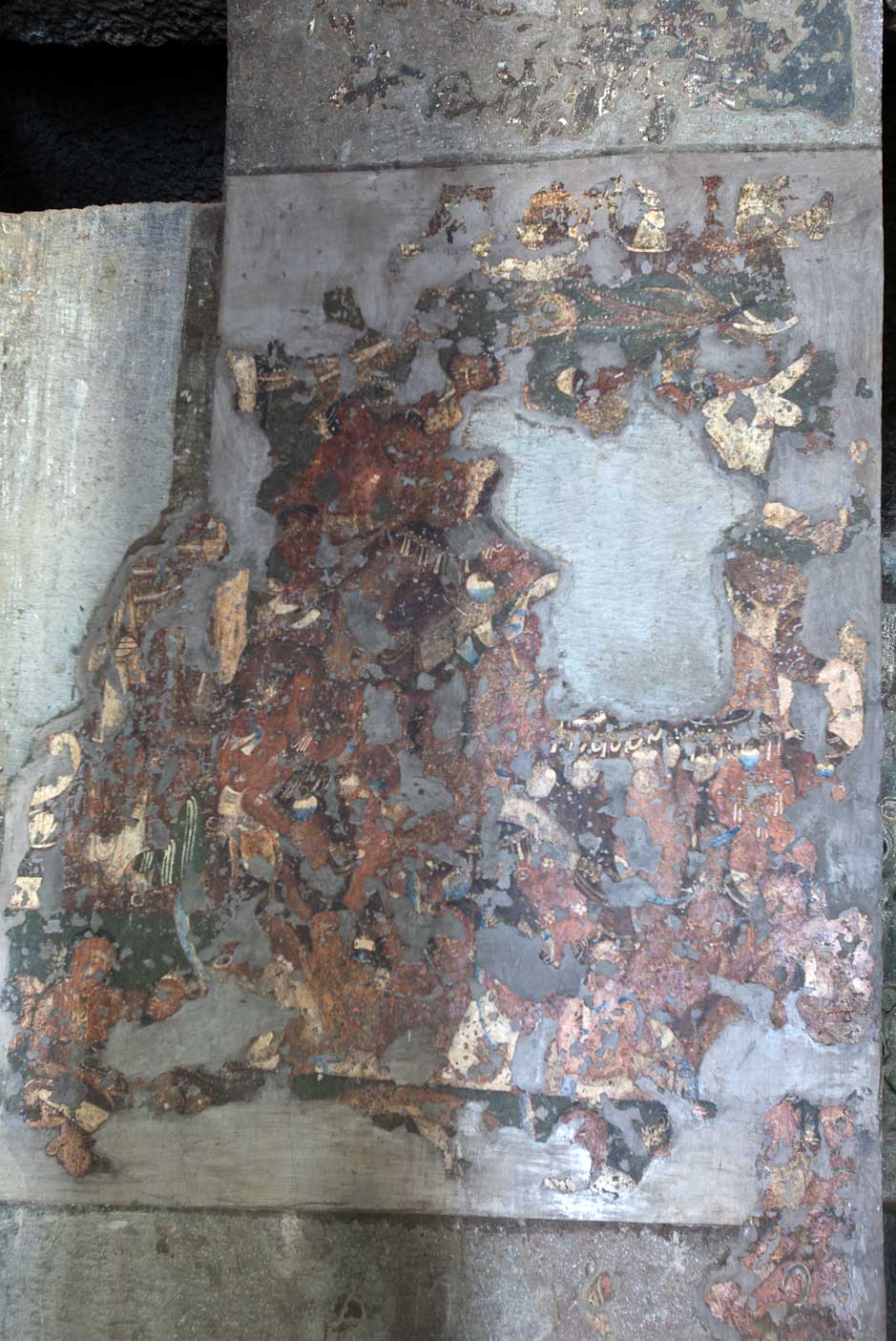
#91. Mahāprātihārya
Cave No. 16 Identification: Vogel (1948, p. 157). For the legend, vide Cave 1, No. 88. —Source: Singh 2019, 31-33; Schlingloff 2013, I, 488-490 Related Images:
-
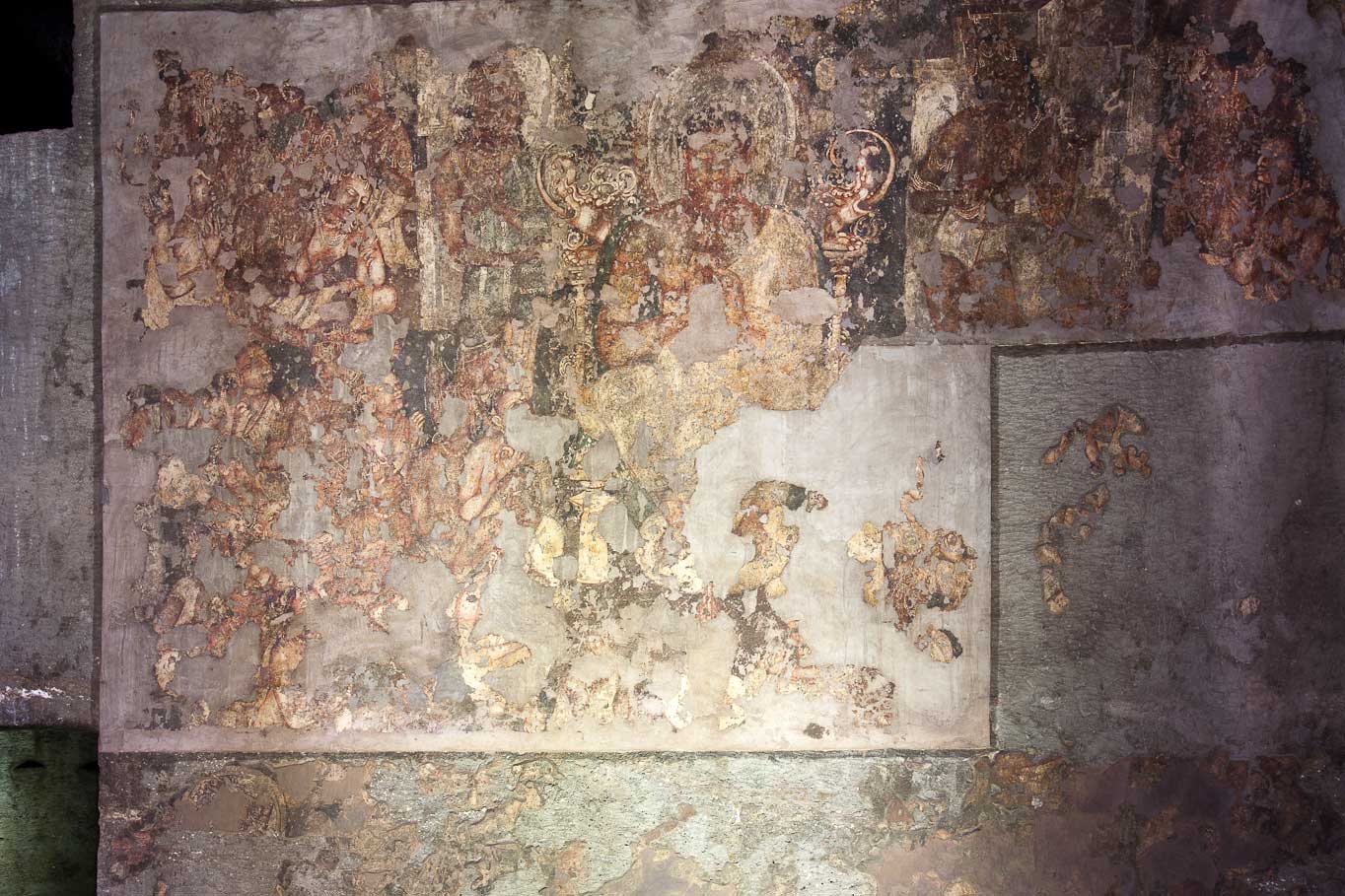
#82. Mahāsamāja
Cave No. 16 Identification: Foucher (1921, narrative no. 61).— Near Kapilavastu, the Buddha delivered a sermon to the monks before the Mahāsamāja (Great Assembly) of gods. The four Brahmā gods too moved from heaven, each pronounced a verse and left. The Buddha recognised and disclosed the presence of the deities to the monks: the Four…
-
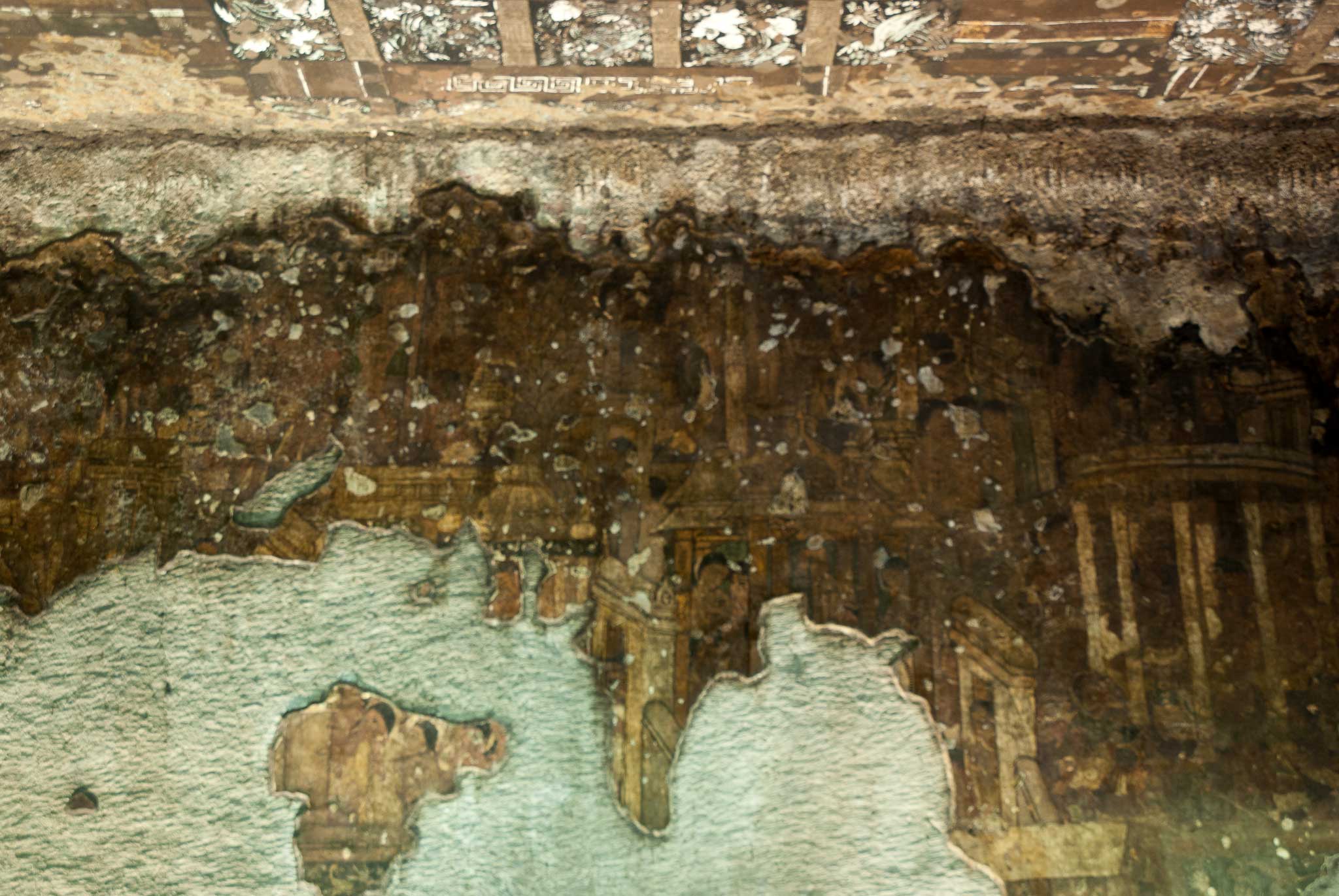
#64. Bhagavān
Cave No. 16 Identification: episodes 1–5, 8–15, 19–20, 23, 25, 28–29, and 31 by Schlingloff (1983, p. 119–122, 127–131, 135–136, 140, 142–144, 146), episodes 6 and 7 by Yazdani (III, 1946, p. 67, 167), episodes 16, 18, and 24 by Burgess (1879, p. 60 f.), episode 17 by Griffiths (1896, p. 33), and episodes 21–22,…
-
#85. Devāvatāra
Cave No. 16 (No photo.) Identification: Begley (1966, p. 141). For the story, vide Cave 16, No. 84. —Source: Singh 2019, 31-33; Schlingloff 2013, I, 476 Related Images:
-

#24. Siṃha
Cave No. 17 Identification: Foucher (1921, narrative no. 29).— A siṃha (lion), on hearing the loud wails of merchants caught by a giant snake in a jungle, came running with his elephant friend to help them. From atop the elephant’s head, he jumped on the snake and killed it. The elephant, however, died as the…
